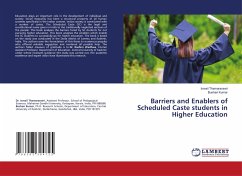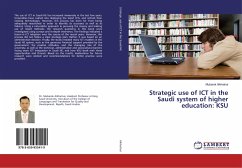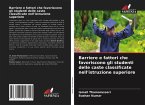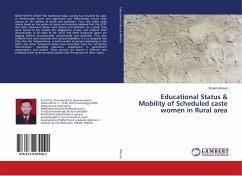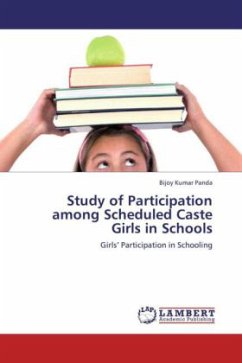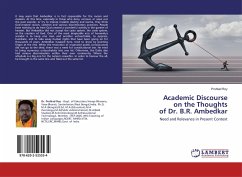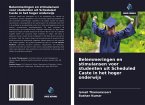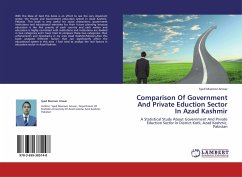Education plays an important role in the development of individual and society. Social inequality has been a structural property of all human societies specifically in the Indian context. Indian society is constituted with a number of castes. The Scheduled Caste (SC) is the legal and constitutional name given in India to the traditionally neglected sections of the people. This book analyses the barriers faced by SC students for not pursuing higher education. This book analyses the enablers which enable the SC students to successfully go for higher education. The book is based on the study was conducted in the Doda district of Jammu and Kashmir, India. The authors owe the formulation of this thesis to numerous peoples who offered valuable suggestion and rendered all possible help. The authors fullest measure of gratitude is to Dr. Rashim Wadhwa, Former Assistant Professor, Department of Education, Central University of Kashmir under whose incessant guidance this study was carried out. Her academic excellence and expert vision have illuminated this research.
Bitte wählen Sie Ihr Anliegen aus.
Rechnungen
Retourenschein anfordern
Bestellstatus
Storno

